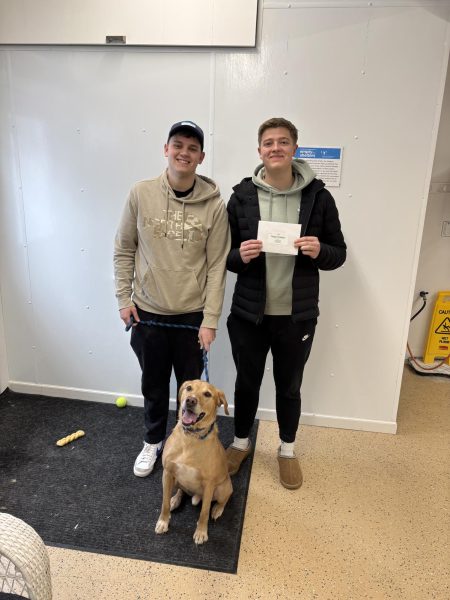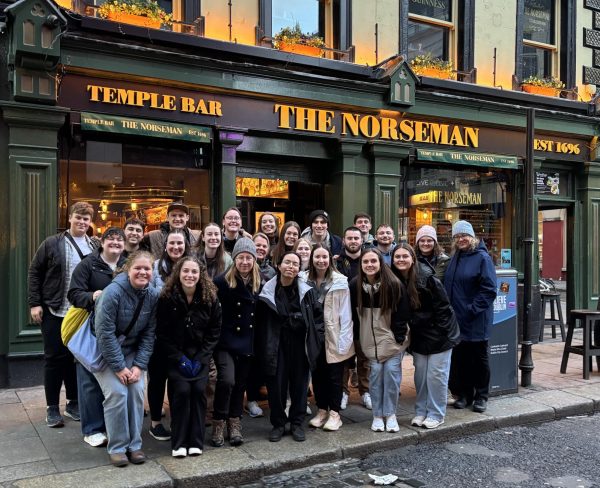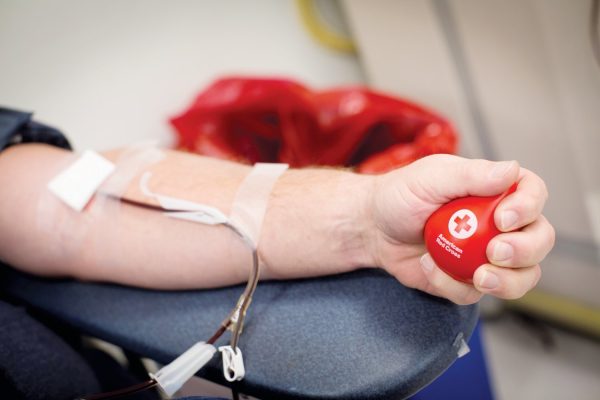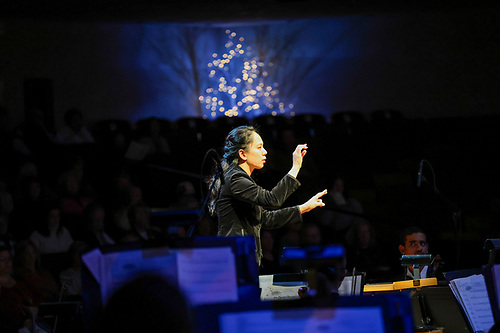ASAA hosts “Who Belongs Here?” on the first day of Asian-American and Pacific Islander Heritage Month
On March 16, 2021, Robert Aaron Long attacked three different spas in Atlanta, Georgia, killing eight people, six of whom were Asian-American women. Across the country, three days later, President of the Asian Students and Allies Association Anita Tamang (‘22) began to plan an event addressing anti-Asian hate.
On Saturday, May 1st, Tamang and others in the ASAA hosted “Who Belongs Here?” to expose examples of racism against the Asian-American and Pacific Islander community at Luther and in the United States.
ASAA is an organization that advocates for the Asian community at Luther, but participation is not limited to Asian students.This organization has been present on campus since 1983, but was largely inactive this year due to the ongoing pandemic, with the exception of a few movie screenings and a panel to discuss anti-Asian hate during the pandemic.
Tamang decided to reinvigorate the group by hosting this event to mark the beginning of Asian-American and Pacific Islander Heritage month. While Tamang was only a member of the organization, she was motivated to take on a leadership role following the Atlanta shooting and the racism she experienced afterwards. She and some colleagues started emailing professors and students, asking them if they would like to participate in an event to address anti-Asian hate in America.
The event was held outdoors in Bentdahl Commons, and started with Tamang sharing her experiences with racism in the Decorah community.
“Since the coronavirus, I started noticing so many things related to my identity, and who I am here, and what’s my role and where I am positioned in society,” Tamang said. “Being an international student, especially since I went to an international high school … who I am was never in question.”
After, Min San Thu (Eric) (‘22) read a piece he wrote for CHIPS detailing an experience in Decorah in which he was told to “go fucking home,” and Nora Nyi Myint (‘22) detailed her experiences and feelings about the February 1 military coup in her native Myanmar.
There was then a student panel in which four students were able to share their experiences with racism. At first, student panelist at the event Kim Chham (‘21) was not sure if she wanted to participate in the event because, as an international student, she identifies as Asian instead of Asian-American, which is what she thought the event was about. However, when she reflected on the question ‘who belongs here?’ she wanted to contribute to the conversation, while listening to other panelists and their experiences.
“I think it’s really important when we are able to talk about things that are affecting certain groups of students,” Chham said. “[I think] that if we don’t talk about it, or don’t acknowledge it, or do something about it, then it just keeps happening to them. My hope with this was to make people more open to conversations and dialogue around race, and around trying to make this place a more welcoming place for everybody.”
Vice President of ASAA Cathrine Wedin (‘23) was another one of the panelists and talked about her experiences identifying as a Chinese-American. Although she is new to ASAA, she believed in the importance of the organization and this event to encourage dialogue about anti-Asian racism.
“I think with this event [the goal is a] heightened awareness of the general Asian experience,” Wedin said. “Of course, everyone does not have the same one [experience], but I think it would be great if more people were aware of that [because] education and awareness lead to change. Even if [the audience] has all this knowledge, I want them to take all this information back with them and have these conversations with family members who don’t always have the same views.”
The student panel was followed by a faculty panel in which four Luther professors were able to share their experiences and thoughts about racism in the United States and in the Decorah community from a multi-disciplinary standpoint.
With this event, Tamang wanted people to know that racism can exist everywhere, even in the small, fairly progressive town of Decorah, Iowa.
“We don’t have to go to Minneapolis or we don’t have to go to Atlanta to experience [racism],” Tamang said. “It is happening here, and I think we are not reflecting or discussing. We need to do something; people need to hear our experiences and stories.”





